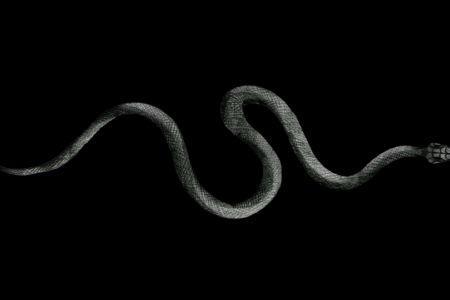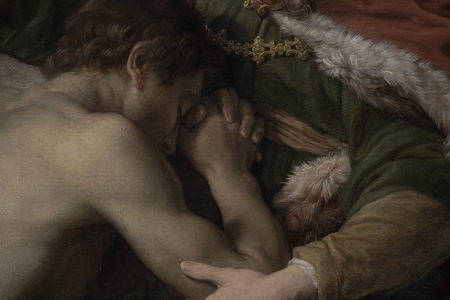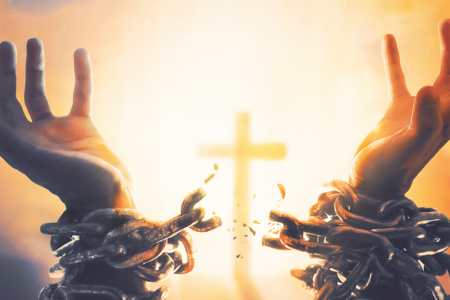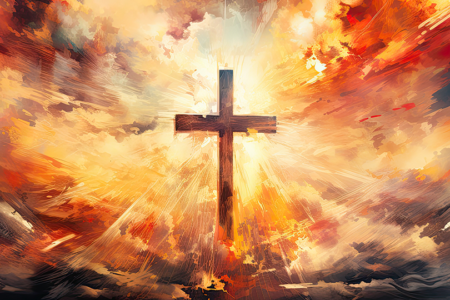Why Blood?
Today we don’t associate blood with cleansing. In fact, bleeding is often the result of an injury or disease. So, it’s natural to wonder why blood sacrifices are important in the Bible.
To understand, we need to go back to the beginning. Man was not created in sin. God had declared everything good until Adam, the first man, made the fateful choice to join Satan’s rebellion against God (Gen. 3). From the moment Adam disobeyed, he brought all of humanity under the curse of sin because we all descended from Adam. In that sense, in seed form, we all participated in Adam’s fall (Rom. 5:12).
Interestingly, in the same passage of Genesis, God revealed the price He demanded to cover sin: blood. Animal blood was shed to clothe Adam and Eve physically and to cover their sin spiritually (Gen. 3:21). This concept of blood providing a cover for sin is further developed in God’s covenant relationship with Israel.
At the first Passover about 3,400 years ago, God delivered from judgment the firstborn male in each Jewish family only if the blood of an unblemished lamb was smeared on the lintel and doorposts of the home, precisely as God instructed (Ex. 12). The sacrifice of unblemished animals to cover sin became encoded in the Mosaic Law God gave to Israel.
In Leviticus 17:11, God explained why He requires blood sacrifice: “For the life of the flesh is in the blood, and I have given it to you upon the altar to make atonement for your souls; for it is the blood that makes atonement for the soul.” An equivalent statement in the New Testament is Hebrews 9:22: “Without the shedding of blood there is no forgiveness” (NASB).
It is God who determined that blood be the requirement to cover sin. This lesson was so important that almost everything was purified with blood according to the Law.
The Law also taught that only a close relative—a kinsman—could redeem, or pay the purchase price (Lev. 25). Animal sacrifices were not sufficient to restore a person’s relationship with God because animals are not related to mankind. Although animal blood covered sins under the Law, that covering was temporary because the sacrifices had to be repeated continually. They had no lasting effect.
To be cleansed of our sins and restored in our relationship with God once and for all, we needed to be redeemed by the unblemished blood of a kinsman who was willing to pay the price—one who was related to us, a son of Adam.
God promised to send the Son of a woman to crush Satan’s head (Gen. 3:15). This Son of promise, the Messiah, is the only one qualified to pay the blood price for our sins. He was unblemished by sin and willing to shed His blood to redeem us.
One of the greatest testimonies of God’s love for us is found in the Old Testament book of Isaiah:
He has borne our griefs and carried our sorrows. . . . He was wounded for our transgressions, He was bruised for our iniquities; the chastisement for our peace was upon Him, and by His stripes we are healed. All we like sheep have gone astray; we have turned, every one, to his own way; and the LORD has laid on Him the iniquity of us all (53:4–6).
God’s promised Son paid the blood-redemption price for our sins to atone for our souls so that we could be forgiven and have a relationship with God. It is a price we could never pay with our good deeds.








